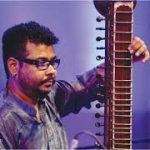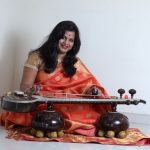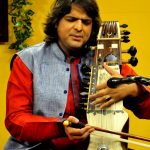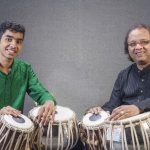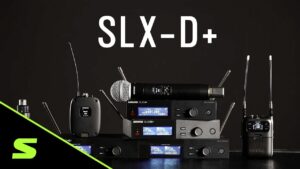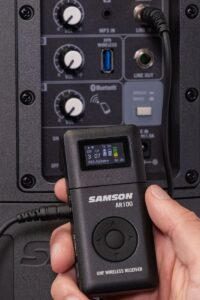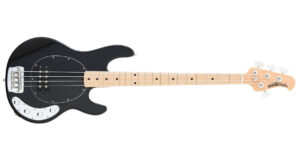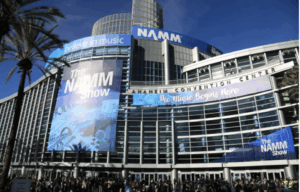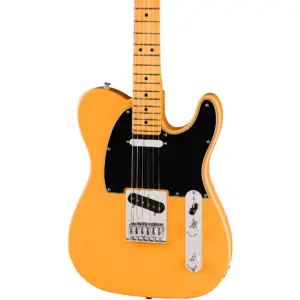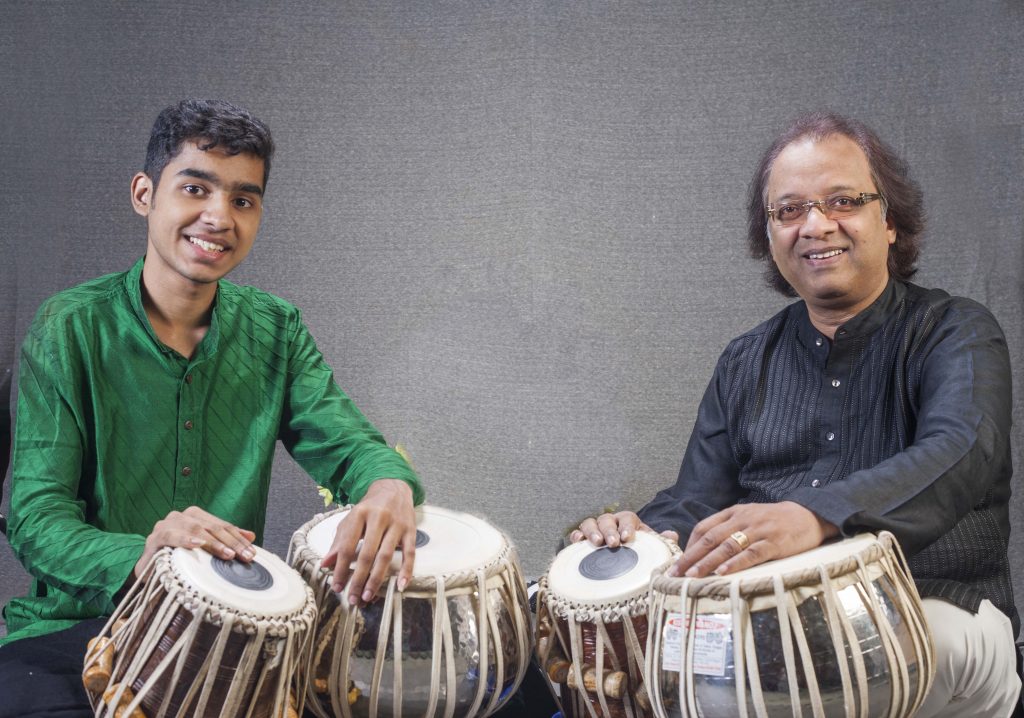The eighth edition of Saz-e-Bahar organised by NCPA on Friday 6th & Saturday 7th April 2018, brings to you delightful instrumental presentations to explore four instrumentalists wielding their expertise on their chosen instruments from different categories.The festival showcases Indian subcontinents variety of musical instruments, displayed by the maestros in their solo, duets or rhythmic accompaniments.The two-day festival will begin with the ‘Vichitra’ veena recital by Radhika Veena Sadhika,who is the first woman to practice Vichitra Veena,that will be followed by Shubhayu Sen Majumdar on the ‘Esraj’ on the first day.
Talking about her presentation and the instrument Radhika says,”Vichitra veena happens to be the most ancient string instruments. As per the ancient texts we find, that it has a divine connection with Devi Parwati.The instrument was played with a stone then and even today I play it with an egg shaped shivaling stone, which is found near the Narmada river banks.I leant playing various instruments like Sitar, Sarod, Surbahar and also the tabla from an early age,that being a family tradition.But at the age of 13, I felt a divine urge to play a Veena, that no woman had ever played, so my father and I started researching, I also learnt Rudra Veena, but it was not the call of my soul.Finally we came across the Vichitra Veena through various ancient scriptures and created the one I play now.I’m playing an evening raga followed by a Thumri and a bengal melody.What makes this performance different is that, I will be accompanied by both a tabla and a packhawaj and that too with a Vichitra veena is a rare sight to witness!”
Esraj Maestro Shubhayu Sen Majumdar talking about the rarely heard instrument shubhayu says”Esraj is a fantastic blend of a sarangi and Sitar which has 22 frets and 19 strings and is played with a bow.One can showcase both the ‘gayaki ang’ and the ‘tantrakari’ elements like taan,toda,jhala on the instrument. Unfortunately Esraj is a rarely played instrument and I am trying my best to bring it to the main stream classical music repertoire, so that people know it by its name.I have incorporated some techniques of the stroke instruments in the style of the ‘baaz’. My gurujis Buddhadev Dasji’s guru Pt.Ranadhir Rai modified this instrument making it suitable for classical music and I am too working on its sound.”
The second day will witness Kamal Sabri playing the Sarangi and Pt.Nayan Ghosh who will have the audience delightedly satiated with his tabla. Kamal Sabri who hails from the seventh generation of Senia gharana of Moradabad, son of the legendary sarangi maestro Ustad Sabri Khan Talking said “ Saz-e-Bahar is a unique festival that brings light to the rare and unpopular instruments of the Hindustani classical music repertoire. ‘Sarangi’ comes from the word ‘sau-rangi’ that means an intrument that produces 100 colours. Thus, this instrument is very unique in itself as it is capable of creating various bhavs,emotions and colours through different genres of music be it a dhrupad,khyal,thumri,chaiti,folk,ghazal,bhajan,qawwali and even classical and jazz fusion nowadays. Sarangi is played both in ‘tantkari’ and ‘gayaki ang’ and my repertoire involves both. Initially sarangi was considered to be a shadowed intrument used for deep sorrowful songs n ghazals.I want to make it sound more enjoyable both to the classical and traditional audiences.My performance at the festival will include traditional banishes of my father in an evening raga” says sabri.
The final session of the festival will be a scintillating ‘Tabla’ Duet by the Maestro Pt.Nayan Ghosh who till today re-lives the father-son duo tradition of playing tabla with his father from 70s -90s and now with his son Ishaan Ghosh. So what is in store for the audience tells Nayanji “Our repertoire includes Gharanedar tabla that includes a rich repertoire of traditional compositions.We will be presenting ‘Teen Taal’ that’s called the Raja Taal in itself, giving insights into the various aspects of the Taal which has evolved over the span of past 350 years,being composed by many tabla stalwarts.”
The festival will be an enriching experience in itself which will include a pre -event talk on each day on specific instrument presentations by Dr. Suvarnalata Rao,making it certainly a must attend for classical music affectionate.
